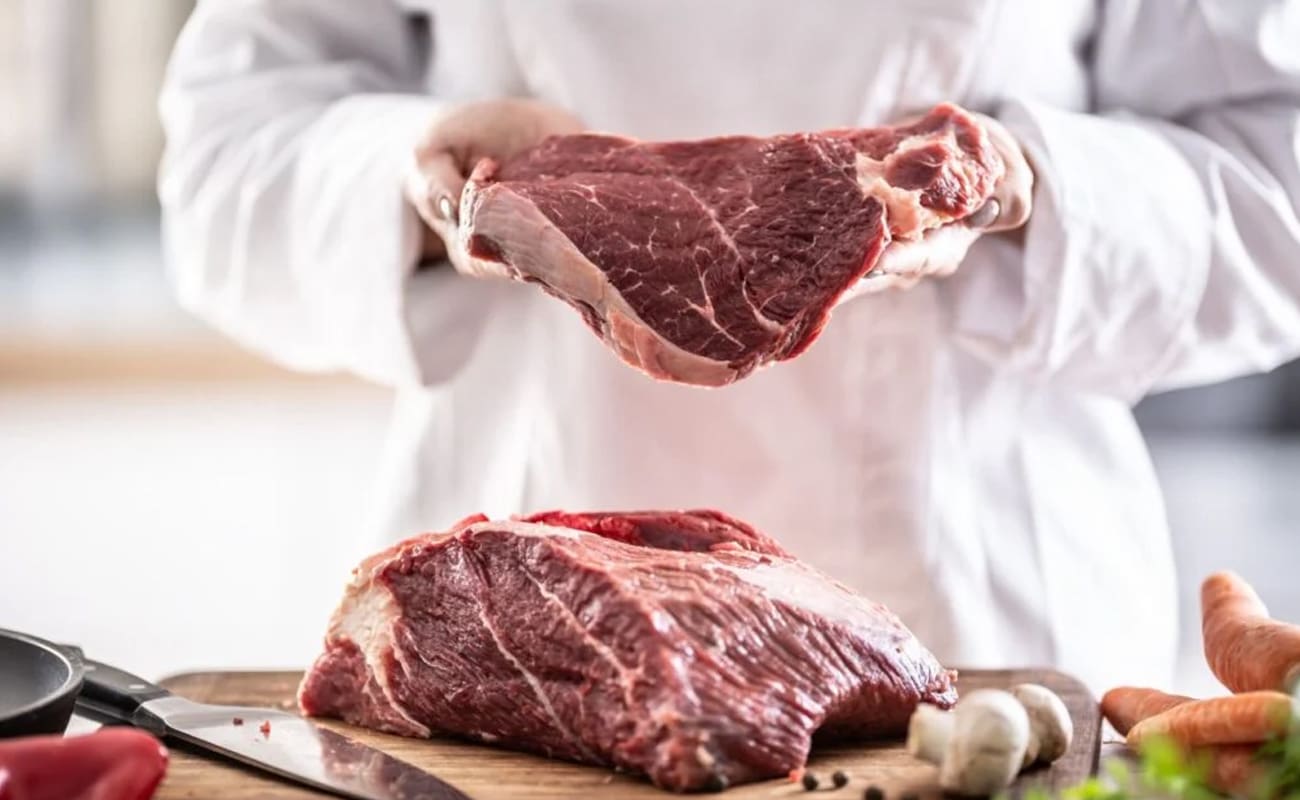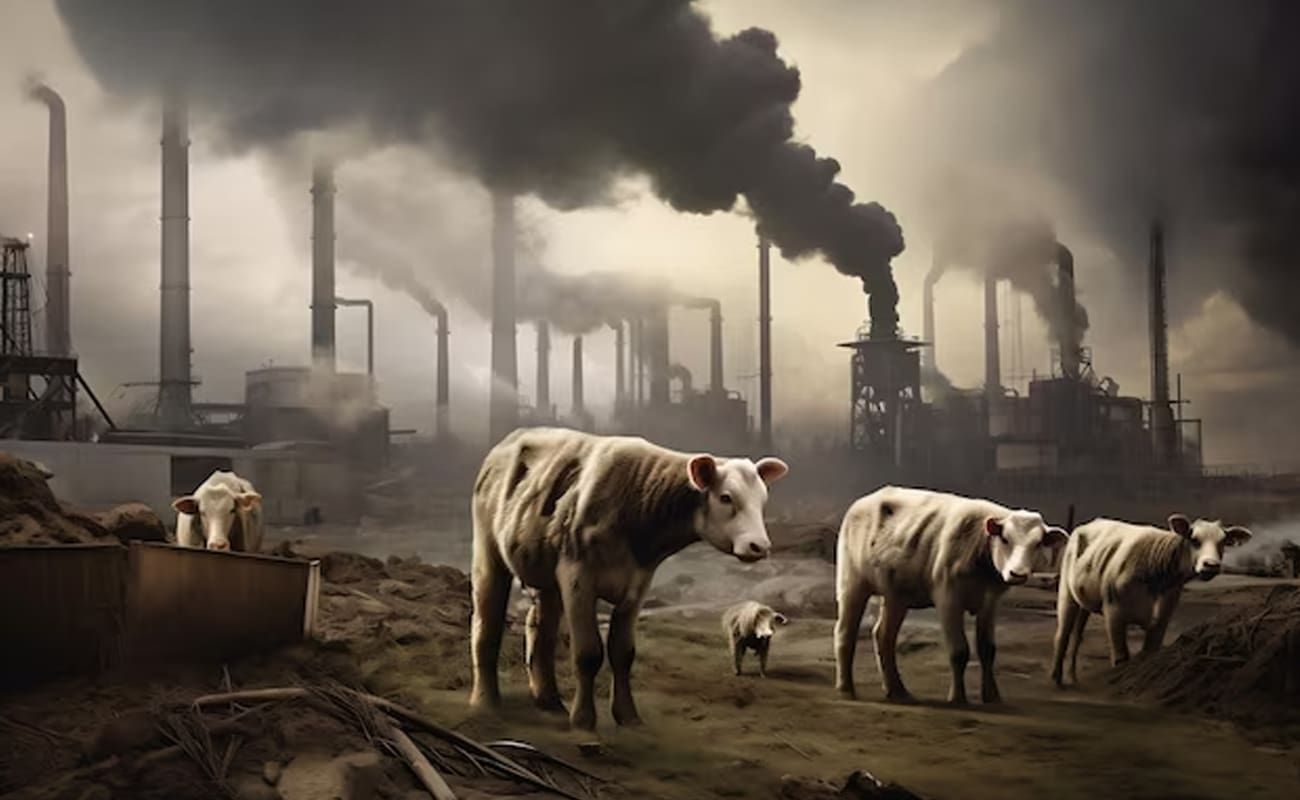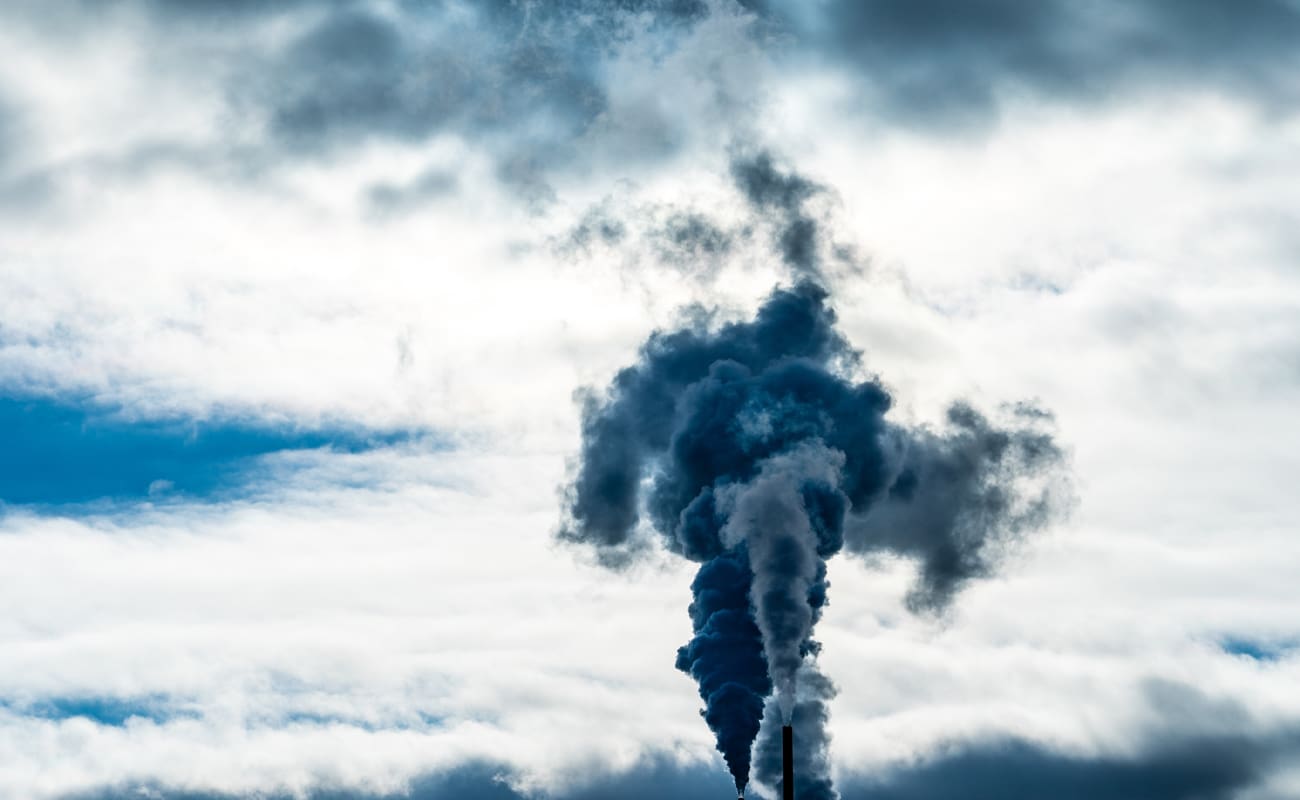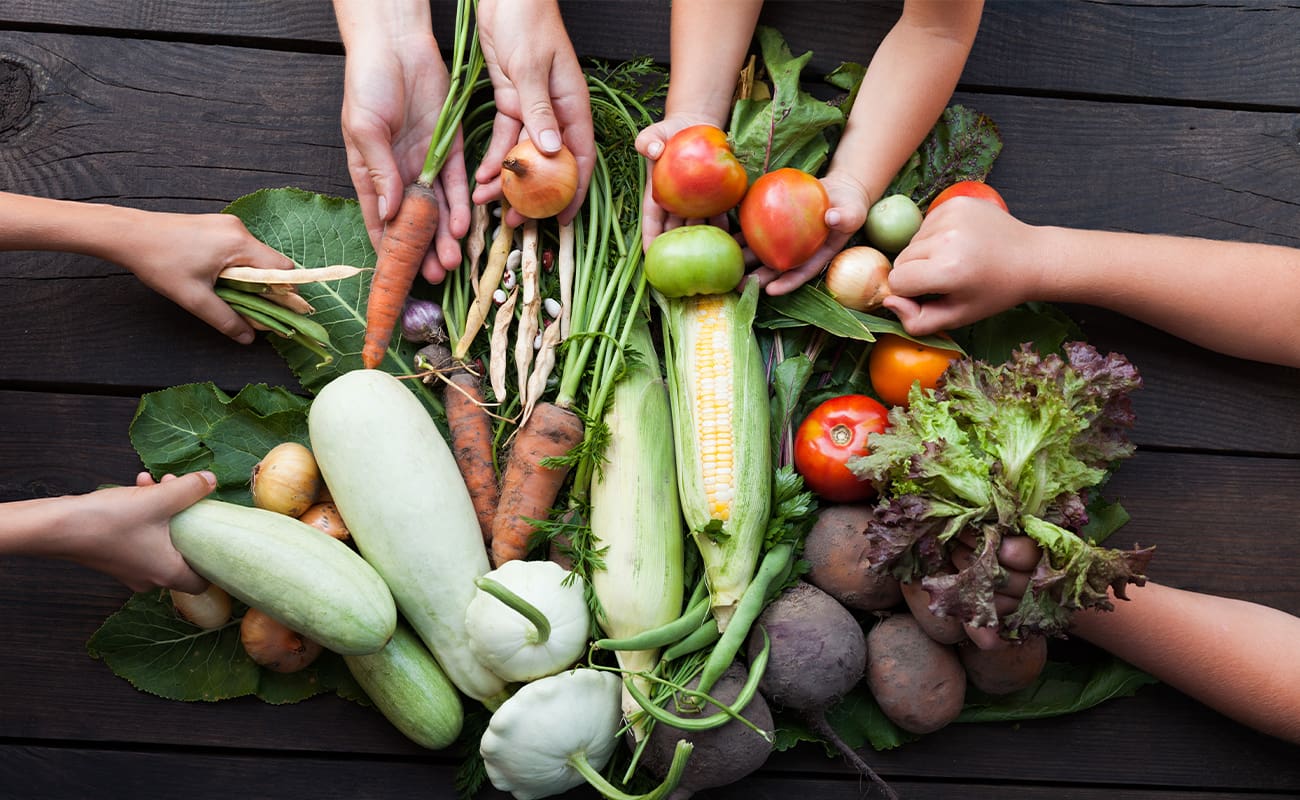The food choices we make every day have profound consequences for the planet. Diets high in animal products—such as meat, dairy, and eggs—are among the leading drivers of environmental degradation, contributing to greenhouse gas emissions, deforestation, water scarcity, and pollution. Industrial livestock farming requires vast amounts of land, water, and energy, making it one of the most resource-intensive systems on Earth. In contrast, plant-based diets typically demand fewer natural resources and produce a significantly lower environmental footprint.
The environmental impact of diets goes beyond climate change. Intensive animal agriculture accelerates biodiversity loss by converting forests, wetlands, and grasslands into monoculture feed crops, while also contaminating soil and waterways with fertilizers, pesticides, and animal waste. These destructive practices not only disrupt delicate ecosystems but also threaten food security by undermining the resilience of natural resources needed for future generations.
By examining the connection between what we eat and its ecological toll, this category highlights the urgent need to rethink global food systems. It underscores how transitioning to more sustainable dietary patterns—favoring plant-based, regional, and minimally processed foods—can mitigate environmental damage while also promoting human health. Ultimately, changing diets is not only a personal choice but also a powerful act of environmental responsibility.
In today's industrialized food system, factory farming has become the dominant method of producing meat and dairy products. However, this mass production method has raised concerns about its impact on human health. The Impact of Factory-Farmed Meat and Dairy on Human Health Factory-farmed meat and dairy products are often associated with negative health effects. Here are some key points to consider: The Link Between Factory-Farmed Meat and Dairy and Chronic Diseases Research has shown a link between consuming factory-farmed meat and dairy and an increased risk of chronic diseases. Here are some key points to consider: Understanding the Role of Antibiotics in Factory-Farmed Meat and Dairy Factory-farmed animals are often given antibiotics to promote growth and prevent diseases. However, this widespread use of antibiotics in factory farming can have serious consequences for both human health and the environment. The overuse of antibiotics in factory farming can contribute to antibiotic resistance …


























































